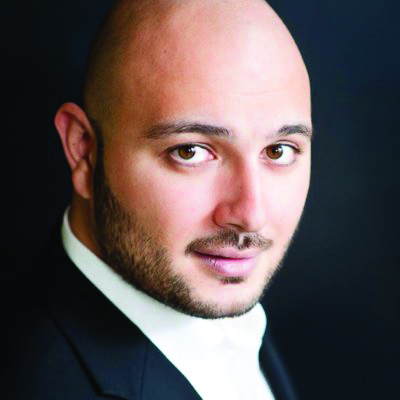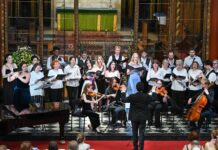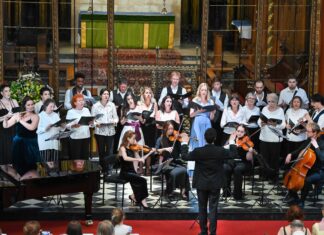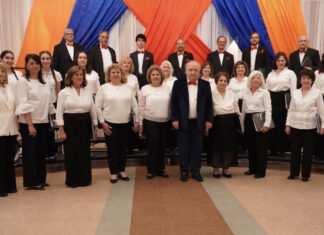By Taleen Babayan
Special to the Mirror-Spectator
NEW YORK — Singer Elie Berberian, one of the freshest voices of the new generation, is taking the Armenian Diaspora by storm. A classically-trained opera singer, Berberian, 35, was born in Batroun, Lebanon and discovered his passion for music at a young age.
Following his classical training at Montreal’s McGill University, he began to perform in his signature style for the Armenian community, blending both traditional Armenian songs and contemporary pop compositions.
Berberian is among an innovative crop of singers who are reinvigorating the Armenian pop genre, resonating with millions of Armenians across the world. Insightful and devoted to his craft, Berberian brings inventive music, entertainment, and professionalism to his music and live performances, which have been met with great fanfare across the globe. Most recently he performed at the 70th anniversary celebration for the Tekeyan Cultural Association at Biaggio’s in Paramus, NJ and the Tekeyan Cultural Association’s Mher Megerdichian Theater group’s holiday gala that took place on Saturday, December 9 at St. Thomas Armenian Church in Tenafly, NJ.
What follows are excerpts from an interview in New York on Friday, December 8, between journalist Taleen Babayan and Elie Berberian:








